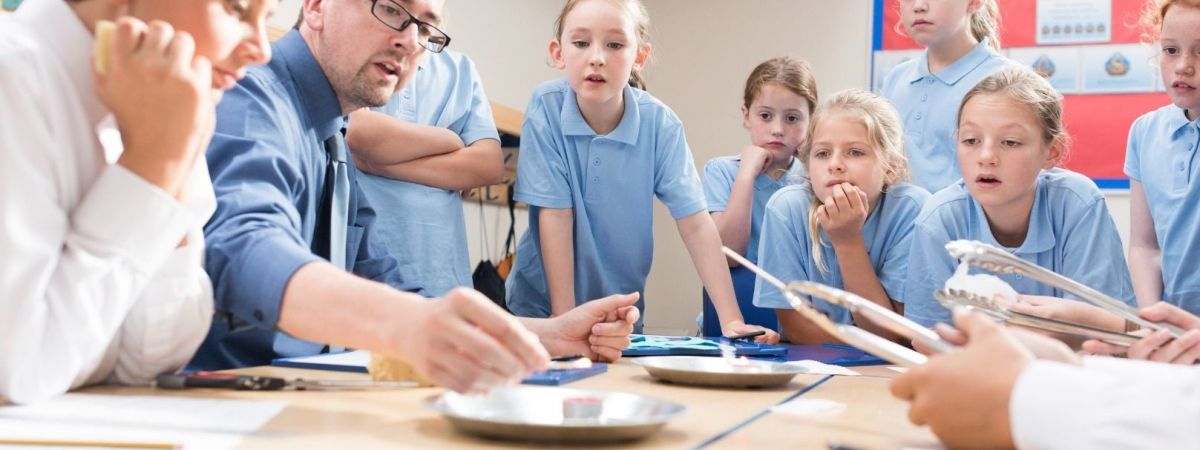In Defence of Textbooks
Alex Wynter, a parent and supporter of PTE, has written this blog in response to an op-ed in TES by Joe Nutt from a few days ago. You can read Joe’s piece here: https://www.tes.com/news/school-news/breaking-views/drive-increase-textbook-use-belies-a-fundamental-misunderstanding
The alternative to textbooks is what? A blizzard of printouts that one could argue might as well be pages torn from textbooks (often glued into exercise books to form a kind of ersatz textbook)? Vague instructions to ‘use internet resources’ (that is, in practice, Google it) to solve a problem or research answers? Patchy long-hand notes taken down in class from a teacher’s comments?
Much of what is wrong with British education can be attributed to the banishing of textbooks from classrooms, which many say has been enforced for years by Ofsted, and the educational mindset that encouraged this. Much of what is right about Finnish schools can be ascribed to their decision to keep them. In Finland, now regarded as an educational superpower, with its ‘odd mix of traditional and ultra-progressive’, as Janice Turner put it in the Times last May, children ‘learn every subject from curriculum textbooks, set by the government. This, says [Teach Like Finland author Tim] Walker, accounts for lack of teacher stress: while he was reinventing the wheel every term, pulling together material, [my emphasis] photocopying and planning, Finnish teachers have a ready, reliable framework, although they are free to extemporise.’
Exactly. As all parents but proportionately fewer teachers know, children need structure; they need to know what they need to know; they need a sense of progress (by getting to the end of a chapter, for example) – textbooks provide all these things. They also (a key point perhaps?) make teachers accountable to parents, who can also see at a glance what children are supposed to know, and by when, and whether they do or not.
Is it any wonder that there’s no private-school system in Finland? as Turner pointed out. They don’t need one. Or any surprise that Finnish children are not encouraged to compete against each other in tests? Their national average is good enough to see off almost all other nations in the international Pisa tests, so why bother?
And could the fact that all Finnish children get the same chance to master the same content (‘no inspectors, no league tables’) have anything to do with Finland coming near the top of the OECD table on social mobility while the UK is at or near the bottom?
All the accounts of it that we have from outside observers suggest that by retaining the very educational policies the British system has jettisoned, the Finns have actually achieved the goal that both countries shared: namely a high degree of equality of outcome. Or perhaps one could nuance that by saying the Finns have achieved a relatively high degree of equality of outcome at a high standard, while we have a high degree of equality of outcome at a relatively low standard.
A final point is that by constantly driving children onto the internet for educational resources, schools undermine those parents who attempt the hugely difficult – and in family terms often corrosive – task of rationing screen/online time. ‘I’m just doing my homework,’ is now often the answer that comes back at mums and dads trying to get the devices shut down for the evening.
So if Nick Gibb does succeed in ‘mandating’ the large-scale return of textbooks to the classroom, teachers up and down the UK may wince but parents will cheer.
The views expressed here do not necessarily reflect those of PTE or its employees.
